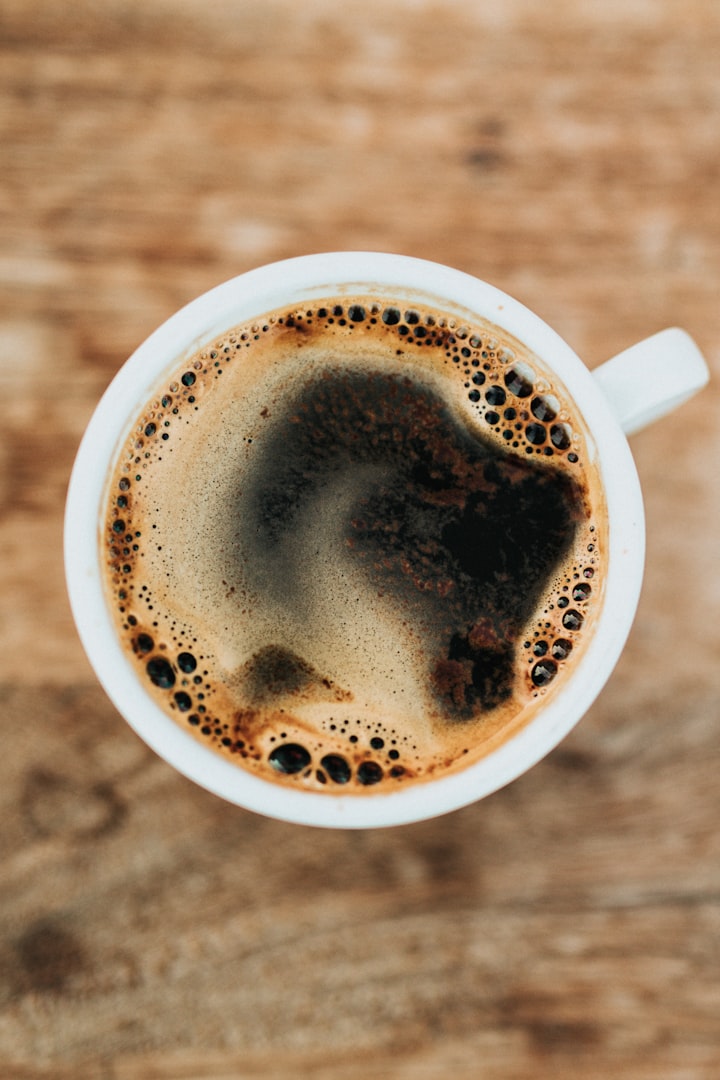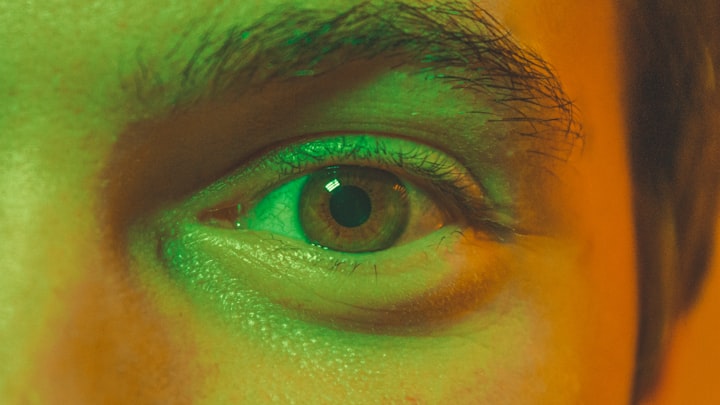
Coffee. If you are among those who say without hesitation, "What pleasure in life would you never give up?" You're in excellent company, considering that coffee is the most consumed beverage in the world, and it appears that our country's per capita consumption is 6 kg per year. Some drink it because they can't live without it, especially first thing in the morning, others because they enjoy the flavor and the wonderful sensations they get with each sip, and yet others just out of habit.
The prevalent scientific view, also accepted by the European Food Safety Authority (Efsa), is that a daily intake of a few cups, no more than five (equivalent to 400mg of caffeine), is not harmful at all. Indeed, the beneficial consequences would much outweigh the negative ones.
It would prevent cardiovascular disease, relieve tiredness, and, according to the New England Journal of Medicine, fight off chronic illnesses, including type 2 diabetes.
However, do not abuse it by surpassing the suggested daily threshold; otherwise, things will change and you will have to cope with more or less significant and bothersome symptoms, such as stress, excessive nervousness, and anxiety, to mention a few. If you are unsure whether you are exaggerating, here are some unmistakable signs that should prompt you to stop drinking espresso, compiled by experts at the Mayo Clinic, a medical care and development organization in the United States.
1 - DESIRE TO PIPE PEE OFTEN OR INABILITY TO CONTROL YOUR URINATION

Caffeine is a diuretic, which means it can stimulate and irritate your bladder, causing you to go to the toilet more frequently. Alcohol and acidic meals have the same impact. If your activity has always been consistent, but you notice that you need to urinate more frequently, consider lowering the number of coffees you drink.
2 - HEARTBEAT ACCELERATED

At rest, an adult's heart rate usually ranges between 60 and 100 beats per minute. When they are overpowered, we speak about tachycardia, a phenomenon that can be caused by increased demand for blood in the tissues after intensive physical activity or as a reaction to the use of certain substances or meals, most notably coffee.
3 - MUSCLE SHAKES
Caffeine abuse can result in muscular tension and even abrupt and localized tremors in certain regions of the body. The hands are the most impacted, and understanding it is simply because these episodes frequently occur while performing mundane tasks like sipping from a glass or fastening your shoes. If this happens to you, try some relaxation and targeted stretching exercises, which are effective for relaxing the muscles, in addition to immediately lowering the quantity of coffee you drink every day.
4 - INSANITY

It's been reported that consuming coffee in the evening does not help you sleep. While this impact does not apply to everyone and is stronger in those who already suffer from chronic insomnia, if you have trouble going asleep or wake up frequently during the night, coffee might be one of the explanations. Its stimulating effects while improving alertness and attentiveness, on the one hand, hamper rest on the other. So try to limit your consumption to no more than three cups per day and avoid it from early afternoon onwards. The same is true for other caffeinated beverages such as tea or cola.
5 - HEAD DISEASE

In contrast to the others, this condition may worsen if you abruptly quit drinking coffee. In reality, when caffeine is eaten regularly, the body grows dependent on its benefits, and because caffeine constricts the blood vessels around the brain, when ingestion is ceased, they widen, producing an increase in blood flow. All of this can result in a caffeine withdrawal headache, which can linger for many weeks since the body needs time to detoxify.
6 - NERVOUSNESS

Caffeine is a central nervous system stimulant that also inhibits adenosine receptors and elevates adrenaline, dopamine, and glutamate levels. This interaction of chemical and physiological responses can cause anxiety and uneasiness, as well as increase stress levels. If you are apprehensive or going through an emotionally difficult time, it is best to limit your coffee intake or alternate it with a caffeine-free version.
Thank you for reading.
See you next time!
Wero






Comments
There are no comments for this story
Be the first to respond and start the conversation.